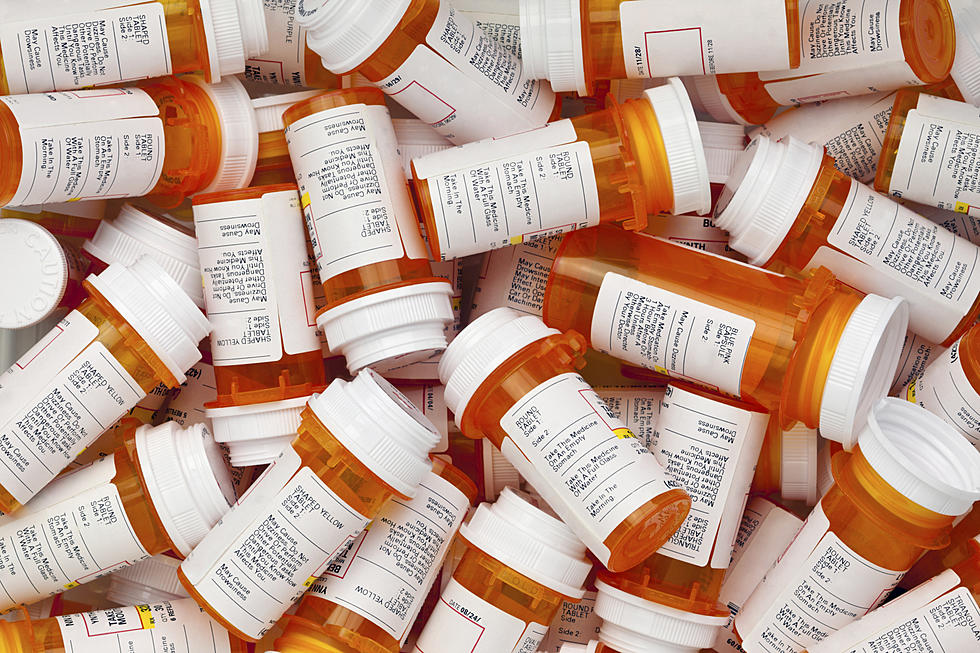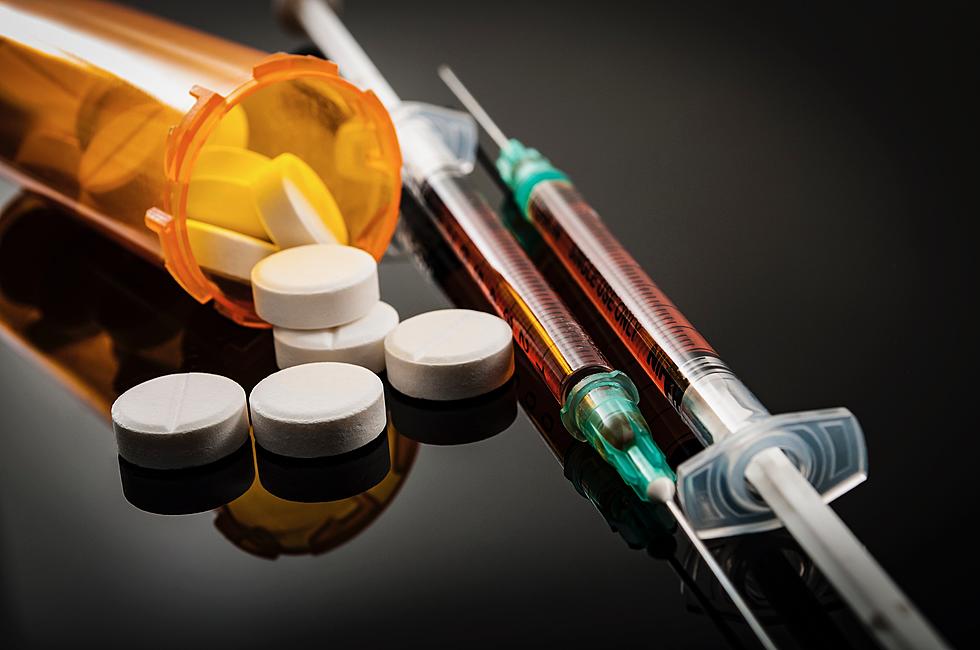
There are drugs in your water — and no one knows how much
When you grab a glass of water from the kitchen sink, how much medicine — that's not yours — are you ingesting with each sip?
The truth is, no one really knows. But research for years has been citing traces of pharmaceuticals in major waterways, and even the most modern water treatment facilities fail to catch the contamination and erase the problem before it flows to homes and businesses.
Most of the pollution is believed to come from human waste; medication passes through an individual and down the train. Entire pills, or bottles worth, may be flushed by residents who no longer need or want their medication.
"It could create a health crisis for human beings," said state Sen. Michael Doherty, R-Warren. "I'm really surprised that more elected officials and more environmental groups are not alarmed by what we see."
Doherty, who first took note of the issue last decade, is renewing his push to create a task force that would aim to investigate and quantify the potential risks associated with prescription and over-the-counter drug remnants in New Jersey water. Following hearings with the public, plus industry experts and scientists, Doherty said, the task force would publish a report detailing the scope of the problem.
"My primary concern is safe drinking water for human beings, and right now I'm not sure we have safe drinking water for human beings," Doherty said, noting the issue can take a toll on wildlife as well.
In 2017, it was reported that 83 of 117 water samples taken from the Hudson River in recent years contained various levels of pharmaceutical contamination. Doherty noted the contamination has been well-documented for a number of years.
Doherty's legislation to establish a task force has been introduced every two-year session since 2008-2009. Only once, last session, was it heard and approved by a legislative committee.
"I do think we owe it to the residents of New Jersey to take a fresh look at this situation and see if it's a problem that needs to be addressed," Doherty said.
A statement from the New Jersey chapter of the Sierra Club, an environmental organization, said the problem has been on their radar for a "long time." The group has pushed to get stricter standards in place, through the state or through legislation, but "there has been push back from Big Pharma."
More from WOBM News:
More From 92.7 WOBM










